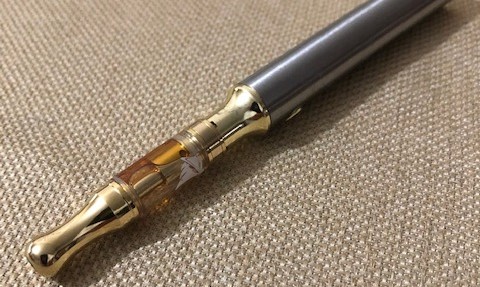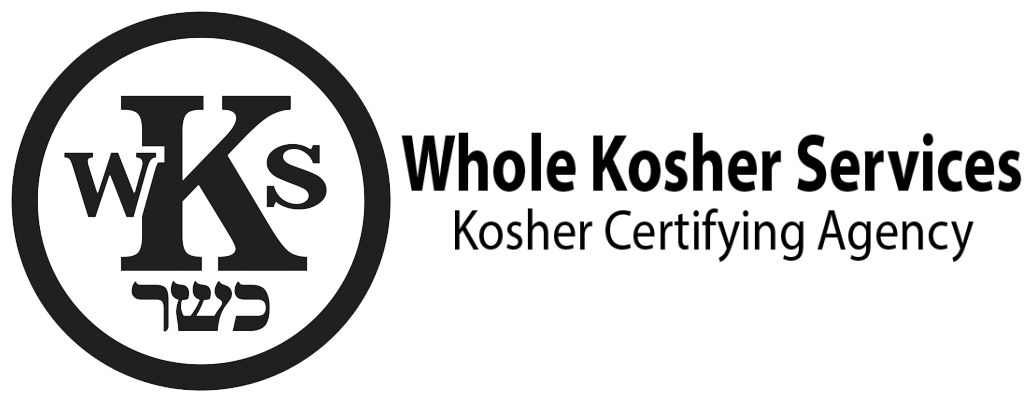
Someone recently sent me a question on my Instagram page @wholekosherservices asking if vape pens containing cannabis needed to be kosher certified.
In general the answer is that it is not required since the item is not ingested but rather its inhaled.
However, there are a few key areas where kashrut issues could and do often materialize.
One issue is flavors.
In general, flavors mixed or infused in foods need kosher certification. Grape flavor is one of the most concerning and is constantly scrutinized. Kashrut Agencies are very strict about anything that contains grapes since the Torah sets a restriction around wine of idol worshippers and the Rabbis extended it to the use of wine from gentiles. This restriction includes once the grape is squeezed until it is either boiled or bottled and sealed as in wine.
Another issue with flavors is that they could be mixed with other ingredients that are not kosher. For example, ice syrups could contain a variety of flavorings. We have even seen Kashrut agencies provide bacon flavoring a kosher dairy certification! What could possibly be in there?
There are, among the top Kashrut agencies a view that flavors inhaled via a vape pen do indeed present an issue as far as kashrut is concerned. So, if one has flavors in his vape pen, we really don’t know what goes into those flavors and whether they are Kosher. One can assume that those top agencies opine that it is a form of ingesting.
A very classic problem occurs when food items are produced on equipment which has been contaminated with non-kosher ingredients. This happens very often within co-packing and co-manufacturing facilities.
Another nuance: smoking these pens during the intermediary days of Passover.
Many producers of the THC and CBD oils contained in vape pens use ethanol as a solvent to break down the cannabis flower tops. Ethanol can be derived from wheat, corn, grape, whey, or sugar. Wheat obviously presents an issue as far as the prohibition of leaven on Passover and corn falls into the issue of kitniyos/legumes like rice and beans (Permitted by Sephardic Jews but forbidden for Ashkenazi Jews). The ethanol is distilled from the mixture but there still can remain trace elements of this forbidden substance in the oil. On Passover, there is a prohibition of getting benefit from chometz/leaven or consuming kitniyos for Ashkenazic Jews.
I would recommend that for those using vape pens for medicinal reasons that they make sure to acquire a reputable brand such as Curaleaf before Passover. We follow the spec sheets noting the trace elements of ethanol in the oil is close to nil. Still one needs to make sure to include in the usual nullification declaration which is said in the morning prayer before Passover that if there should be any trace elements of chometz or kitniyos in the oil mixture it should be “nullified and as dust of the earth.”
(This is likened to the reason that regular milk should be bought before the Passover holiday and should not be bought during the week of Passover. This is because many milk producers produce chocolate milk on the same equipment and there is an assumption that chocolate milk has chametz in it. The regular milk was produced on the same equipment rendering it that it absorbed that chometz in a trace amount and so, when making the declaration before Passover will nullify those trace elements. I would say you could apply the same principles to the vape pens.)
On a side note, those taking tinctures for medicinal reasons, I would recommend Charlotte’s Web in olive oil only, not MCT oil or flavored, as it has the least likeliness to have chometz in it and still one needs to nullify the trace elements before Pesach via the nullification declaration.
Another general note – Kosher certification has tertiary benefits. The certification provides a third pair of eyes constantly looking at the product. In 2019 there was a THC vape pen crisis in which many people were seriously injured from black market vape pens. From my research the vape pen oil that damaged people had other “fillers” in it that were toxic to the lungs. A reputable third-party audit would have made sure that they would not be included in any final product or that a recall would be activated.
Rabbi Yaakov Cohen is the Kosher administrator of Whole Kosher services. Contact Rabbi Cohen if you are interested in having your cannabis edible or food product kosher certified at rabbicohen@wholekosher.com

Recent Comments